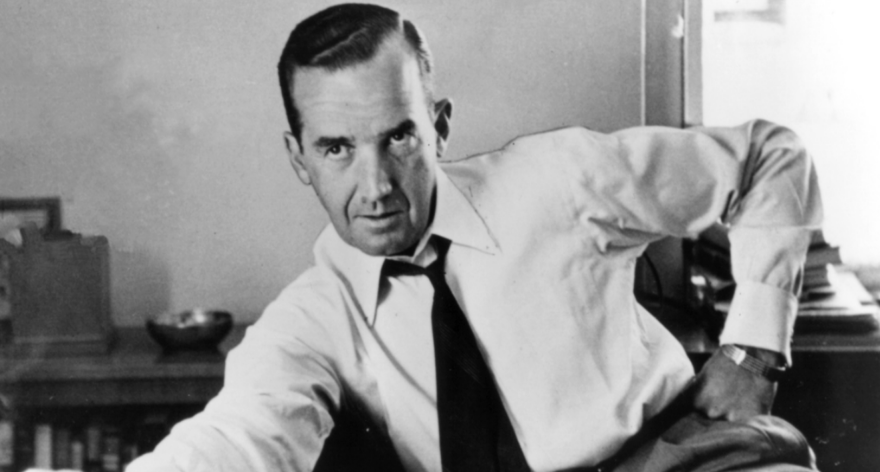Why we interviewed Tim Bliefnick

If you watched MRN Editor David Adam’s interview with convicted murderer Tim Bliefnick, you could tell Bliefnick wanted the opportunity to tell his side of the story.
So we gave it to him.
We understand that not everyone will agree with this decision.
Bliefnick was found guilty of killing his estranged wife, Becky, in May 2023. He received a life sentence without the possibility of parole in August 2023.
Many of you believe that conviction should be the end of the story. That is a fair opinion.
However, we believe many of you want to hear from Bliefnick about the shell casings found in Becky’s home and the basement of his home, the multiple internet searches done on his computer, the basketball hoop he put at his father’s home, the WHOOP fitness tracker and why he didn’t testify in his trial. Those questions, and several others, were asked during this interview.
In the following paragraphs, I’m going to crib from Edward R. Murrow, one of my journalism idols. I was fortunate enough to win a scholarship in his name during my years at the University of Missouri School of Journalism, the oldest and finest such institution in America.
Murrow delivered his famous “wires and lights in a box” speech on Oct. 15, 1958, to the attendees of the Radio Television Digital News Association (then RTNDA) convention. I am borrowing from that and adding my own interpretations to account for the fact that he gave this speech more than 60 years ago:
We believe we should hear from both sides. We believe there is still a place for reasonable, restrained and mature dialogue, despite living in a time where people take social media comments and unsubstantiated rants from loud-mouthed attention-seeking gadflies as gospel. When controversial subjects are fairly and calmly presented, we’re confident our audience will see it for what it is: an effort to illuminate rather than to agitate.
When we tackle sensitive issues, well-meaning, experienced and intelligent friends (and even colleagues) sometimes say, “This you cannot do. This time, you will be handed your head. It is an emotion-packed controversy, and there is no room for reason in it.”
And far more often than not, once the subject has been introduced to the public, we will get a response along the lines of, “It was a fair account. The information was there. We have no complaints.”
We believe our audience is able to listen to both sides with reason and restraint. This is not said to claim any special or unusual competence in the presentation of controversial subjects but rather to indicate that timidity in these areas is not warranted by the evidence.
To those who say people wouldn’t look; they wouldn’t be interested; they’re too complacent, indifferent and insulated, I can only reply: There is, in one reporter’s opinion, considerable evidence against that contention. But even if they are right, what have they got to lose? Because if they are right, and this instrument is good for nothing but to entertain, amuse and insulate, then the tube is flickering now and we will soon see that the whole struggle is lost.
We don’t expect everyone to love us. We don’t expect everyone to hate us. We don’t apply the litmus test to our readers that many people seem to need for approval or relevance these days.
We talked to Tim Bliefnick because we wanted to hear what he had to say in his own words.
How you interpret those words, should you decide to engage, is up to you.

J. Robert Gough is the publisher/general manager of Muddy River News.
Miss Clipping Out Stories to Save for Later?
Click the Purchase Story button below to order a print of this story. We will print it for you on matte photo paper to keep forever.

